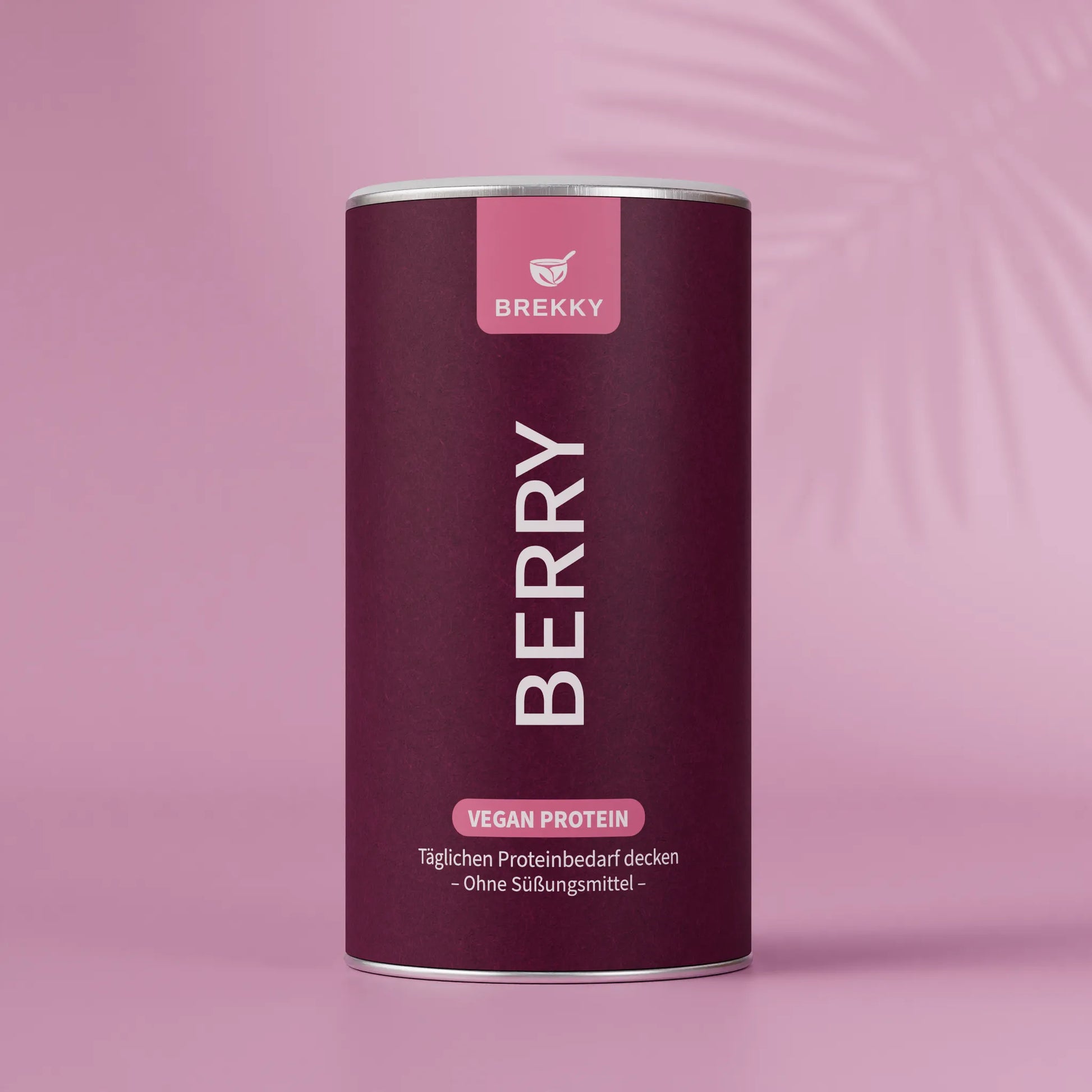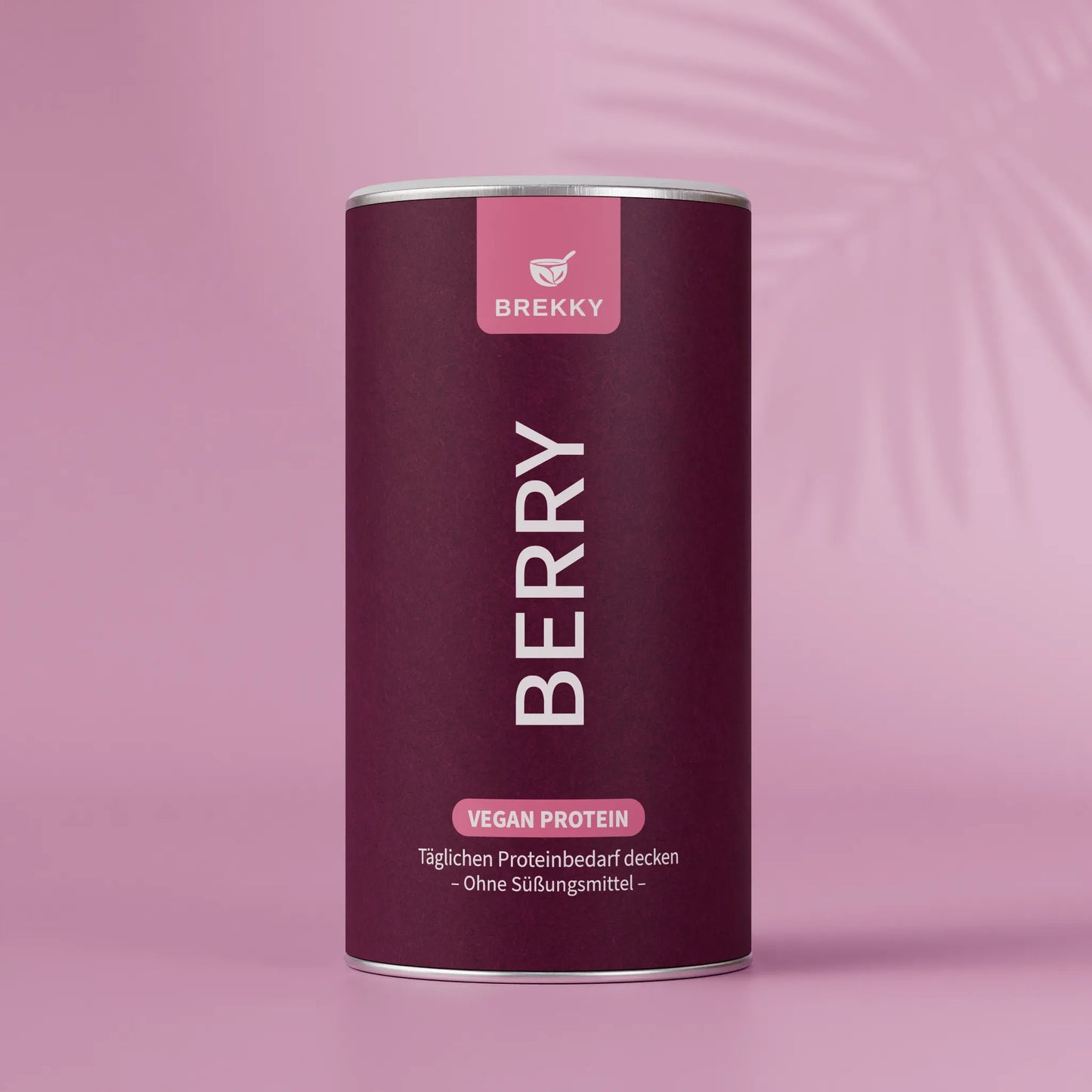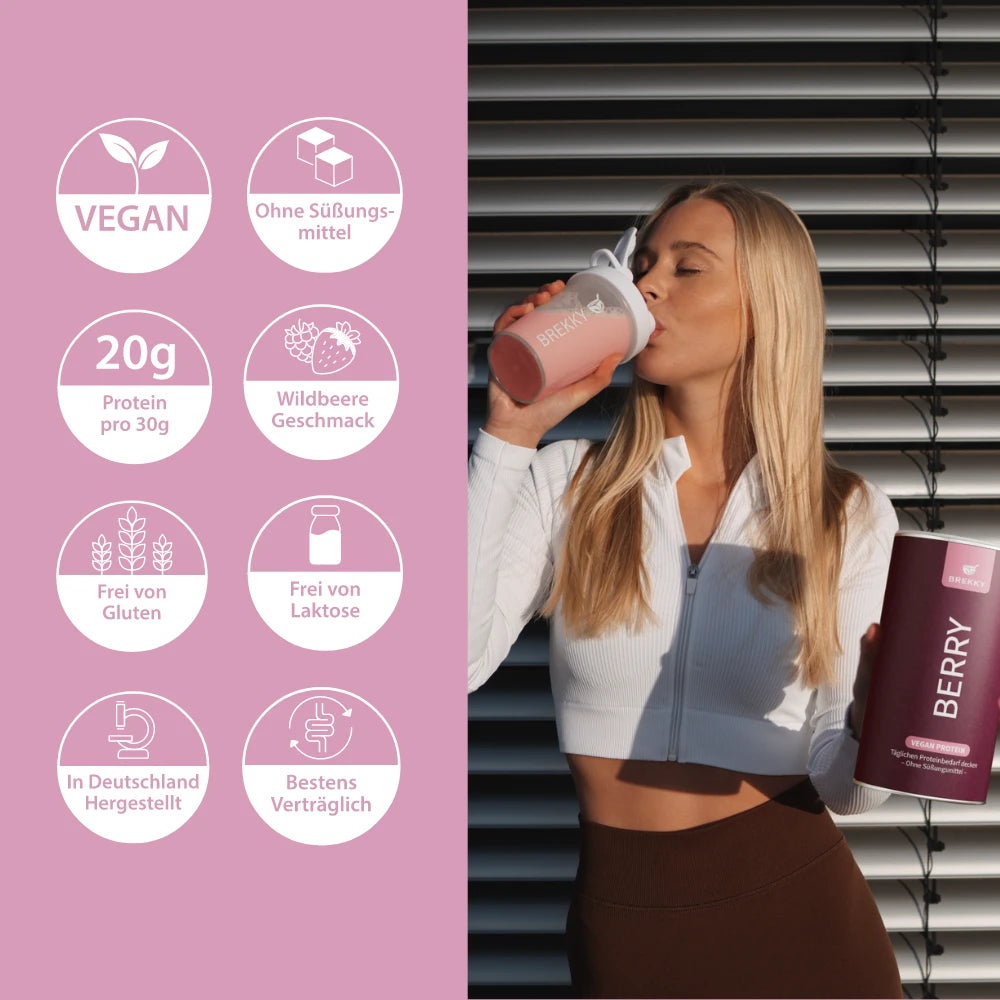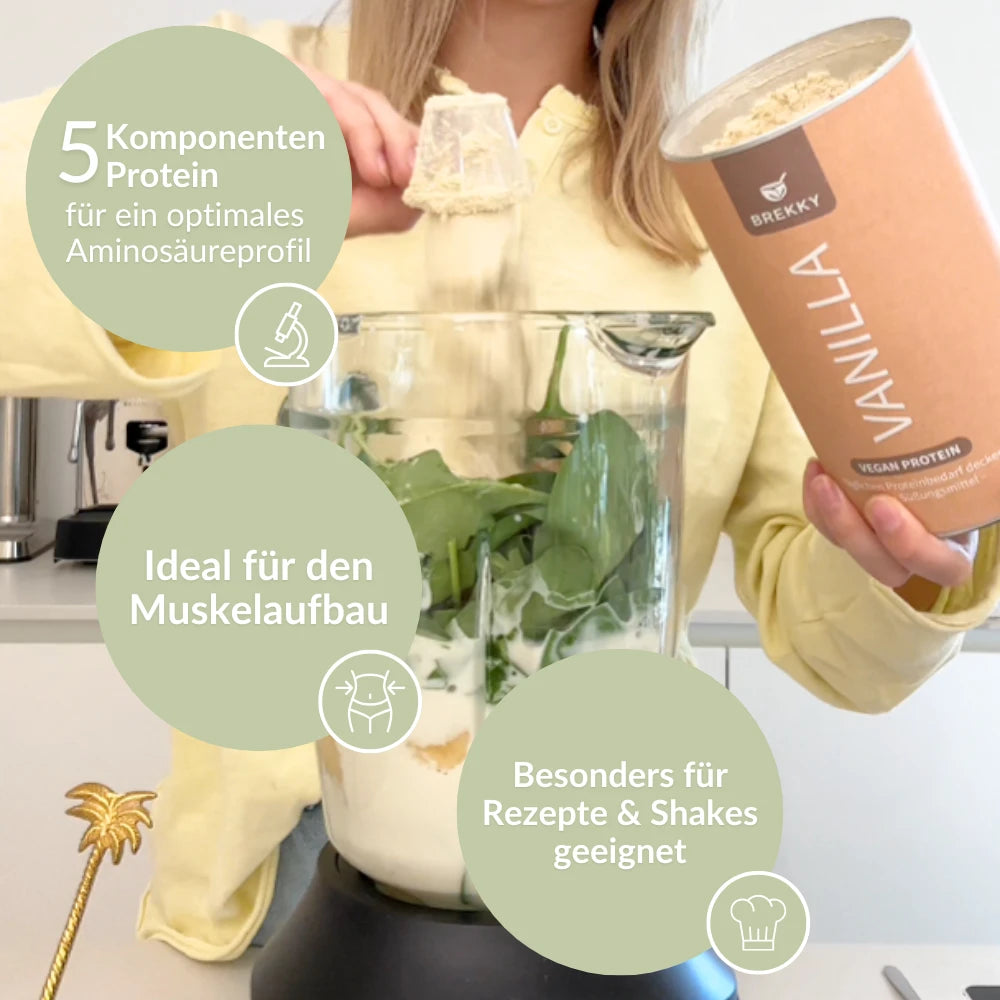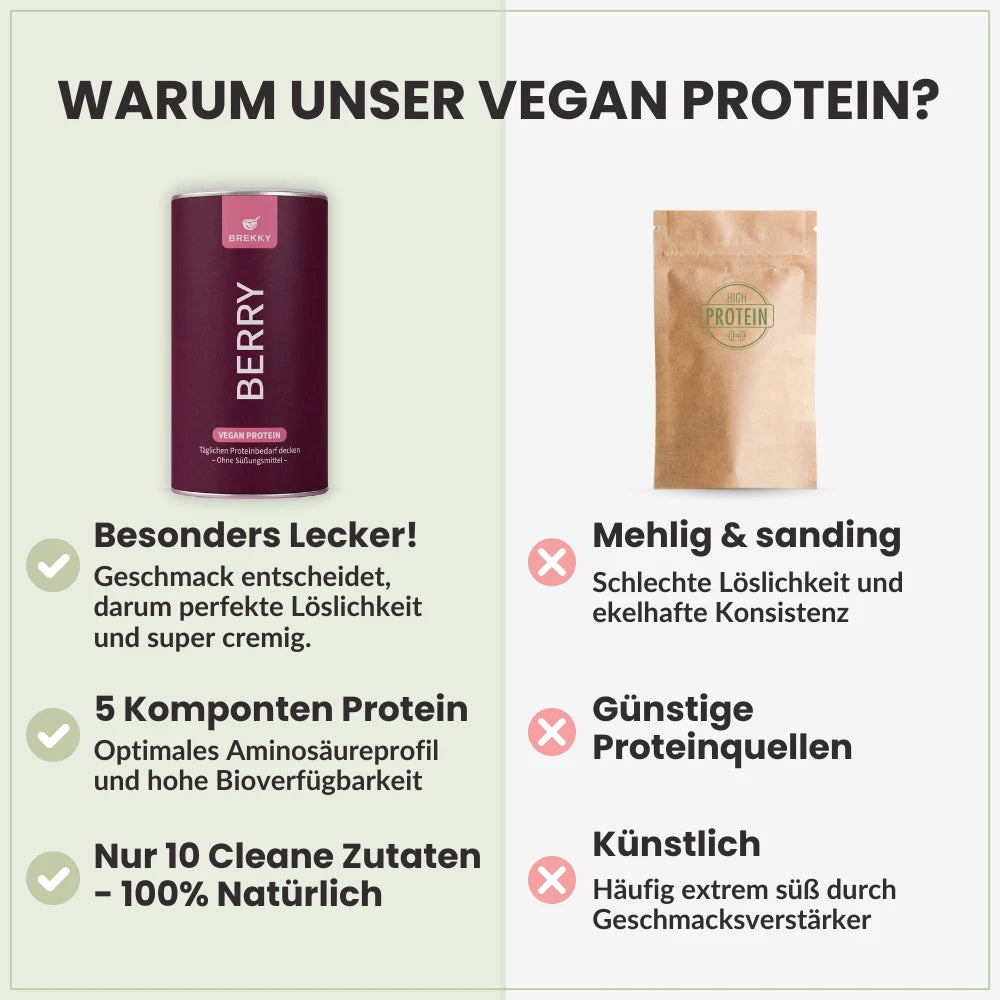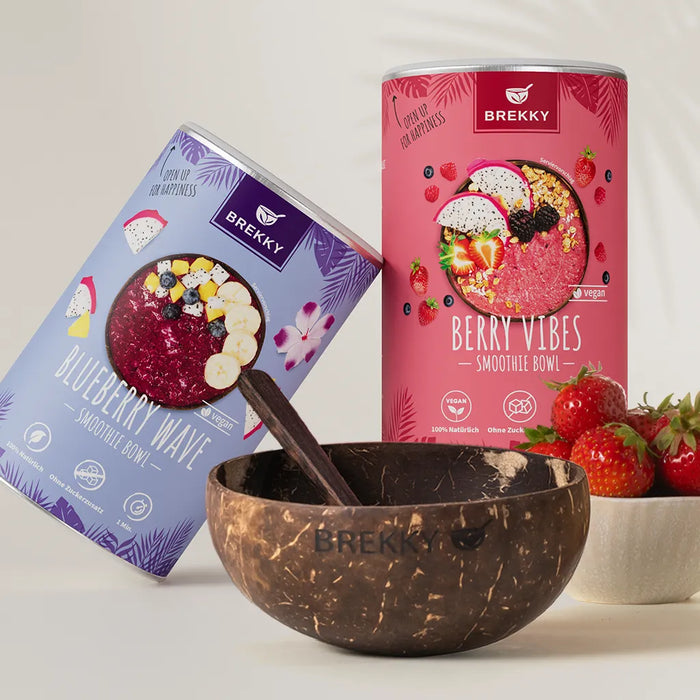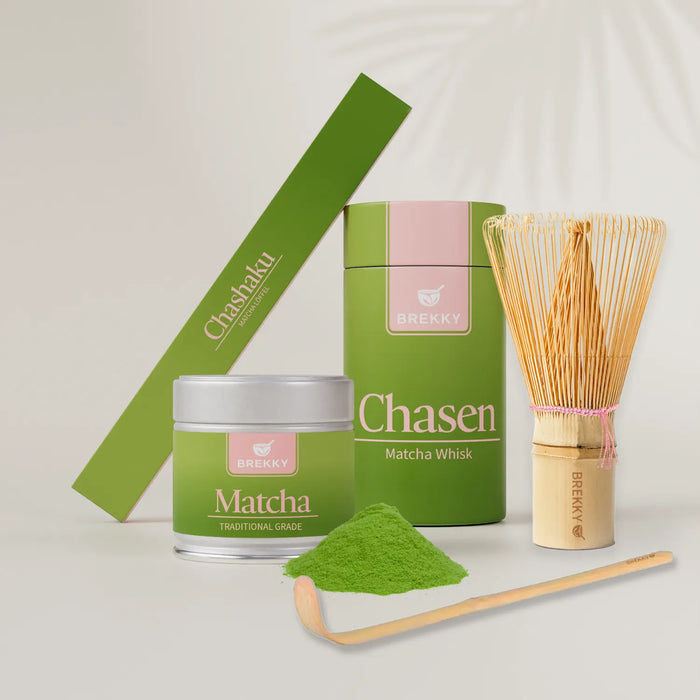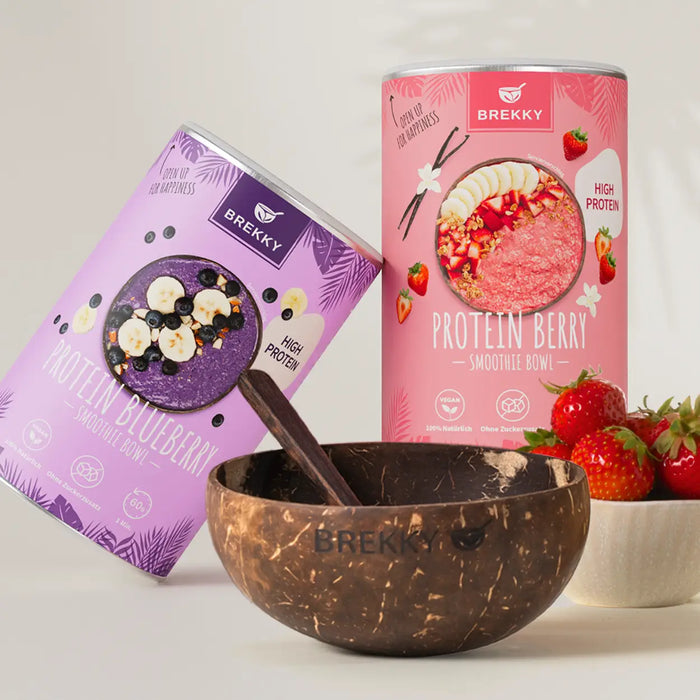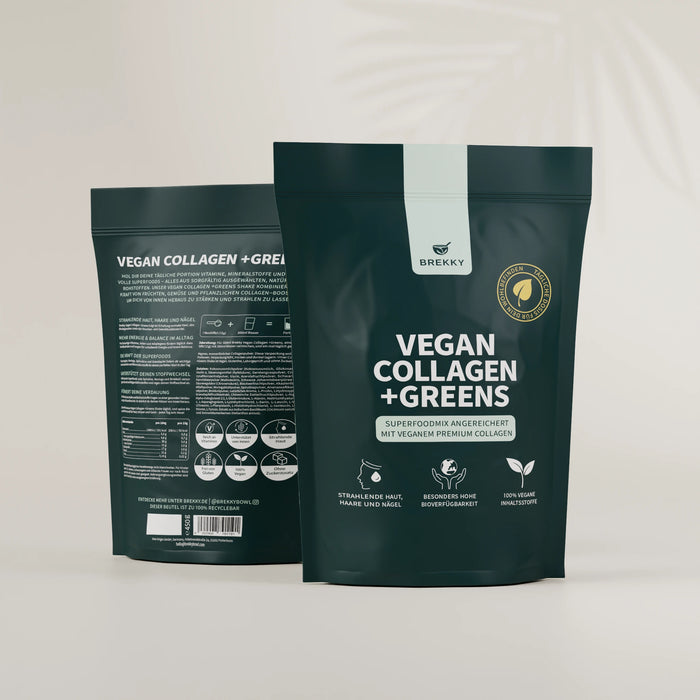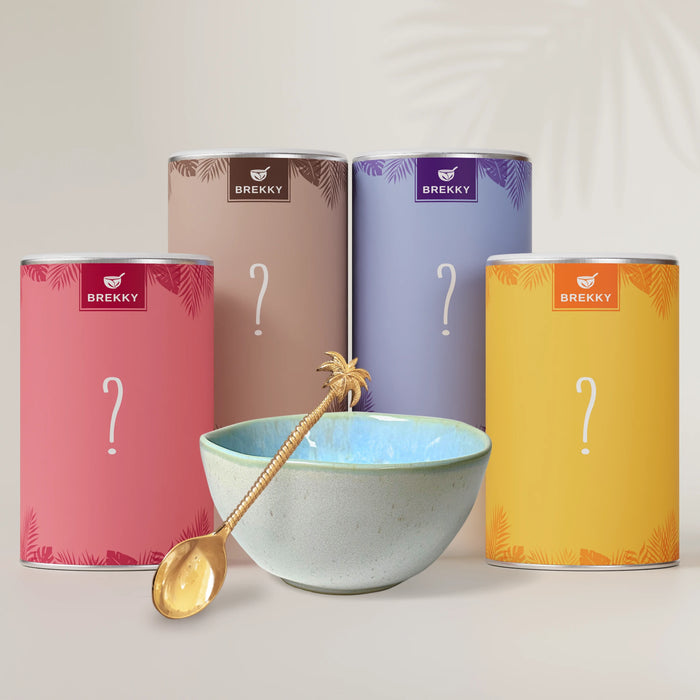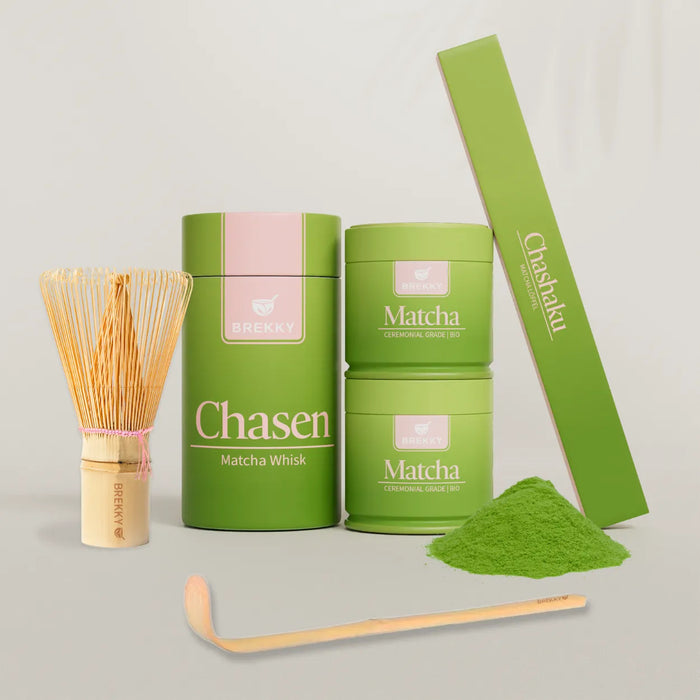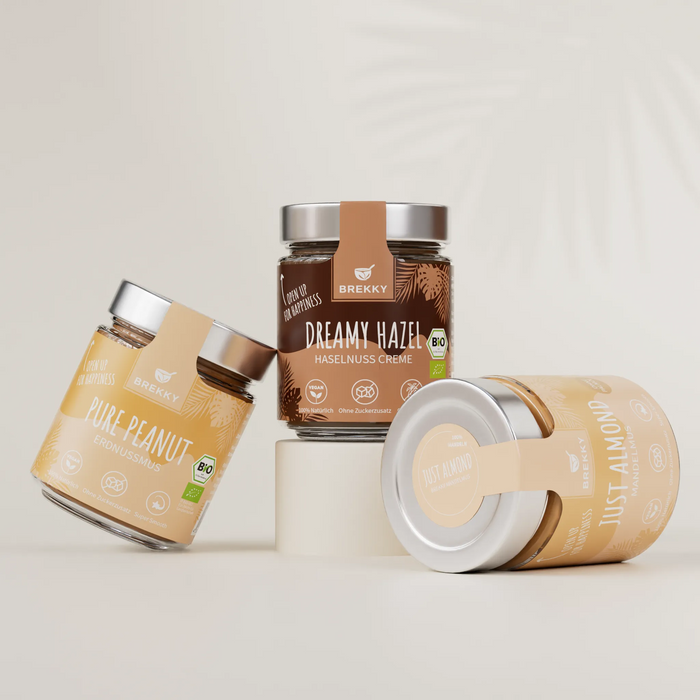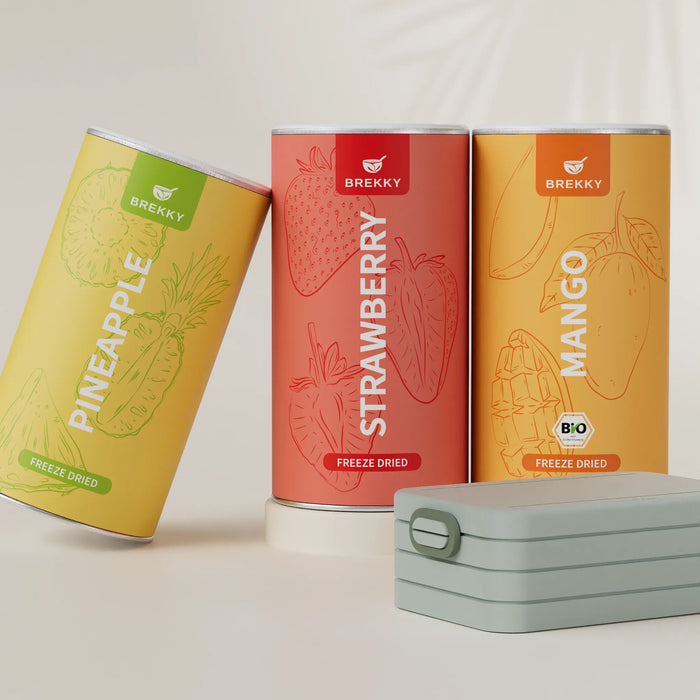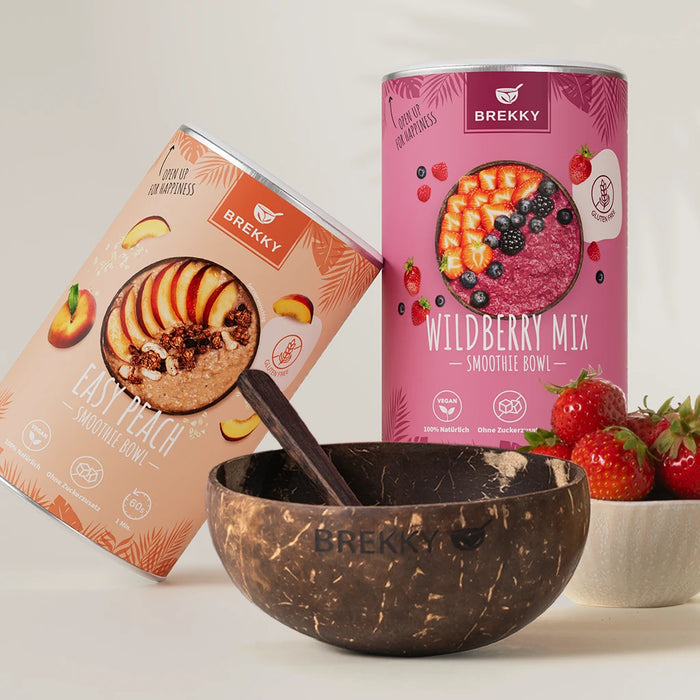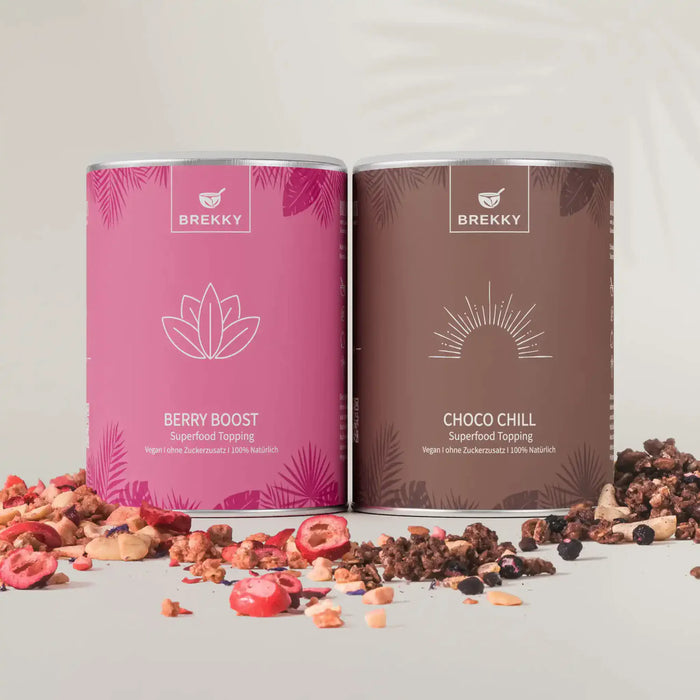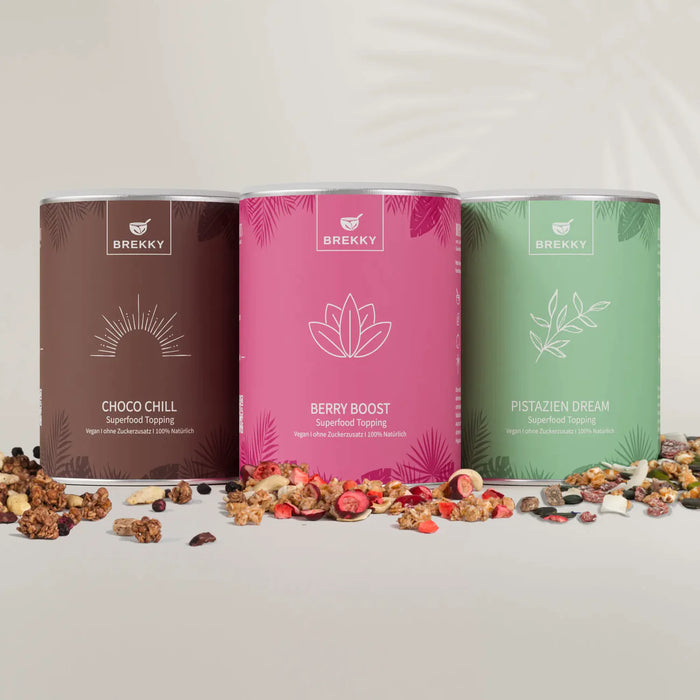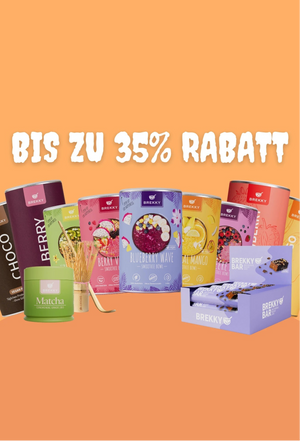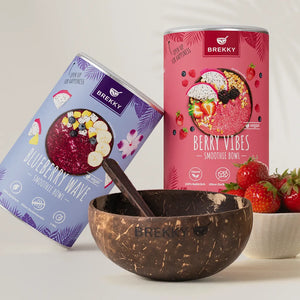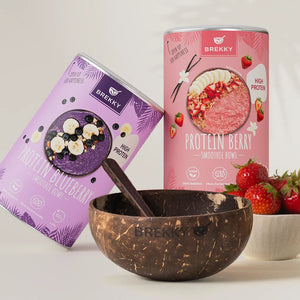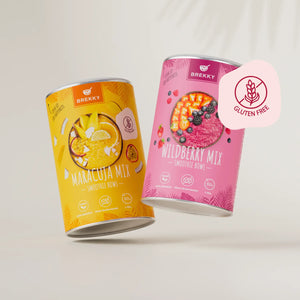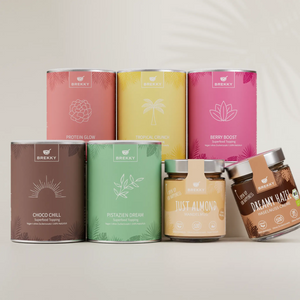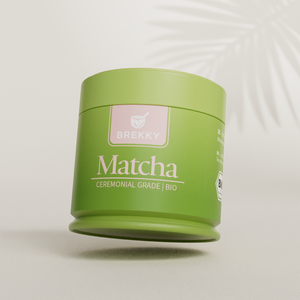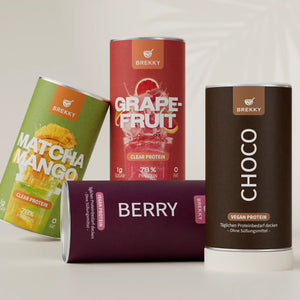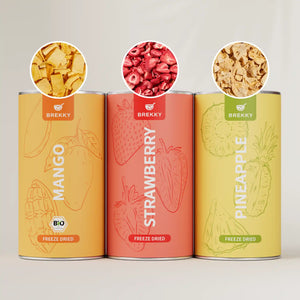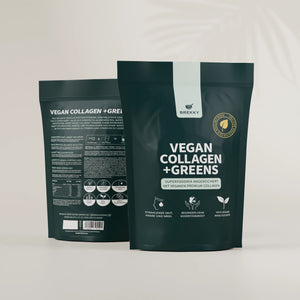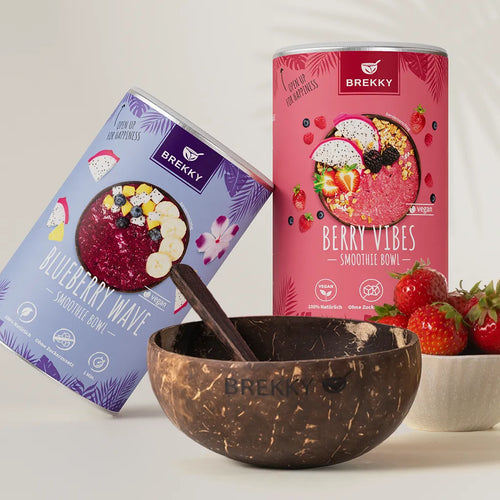Vegan protein powder: health & tolerability
Contents
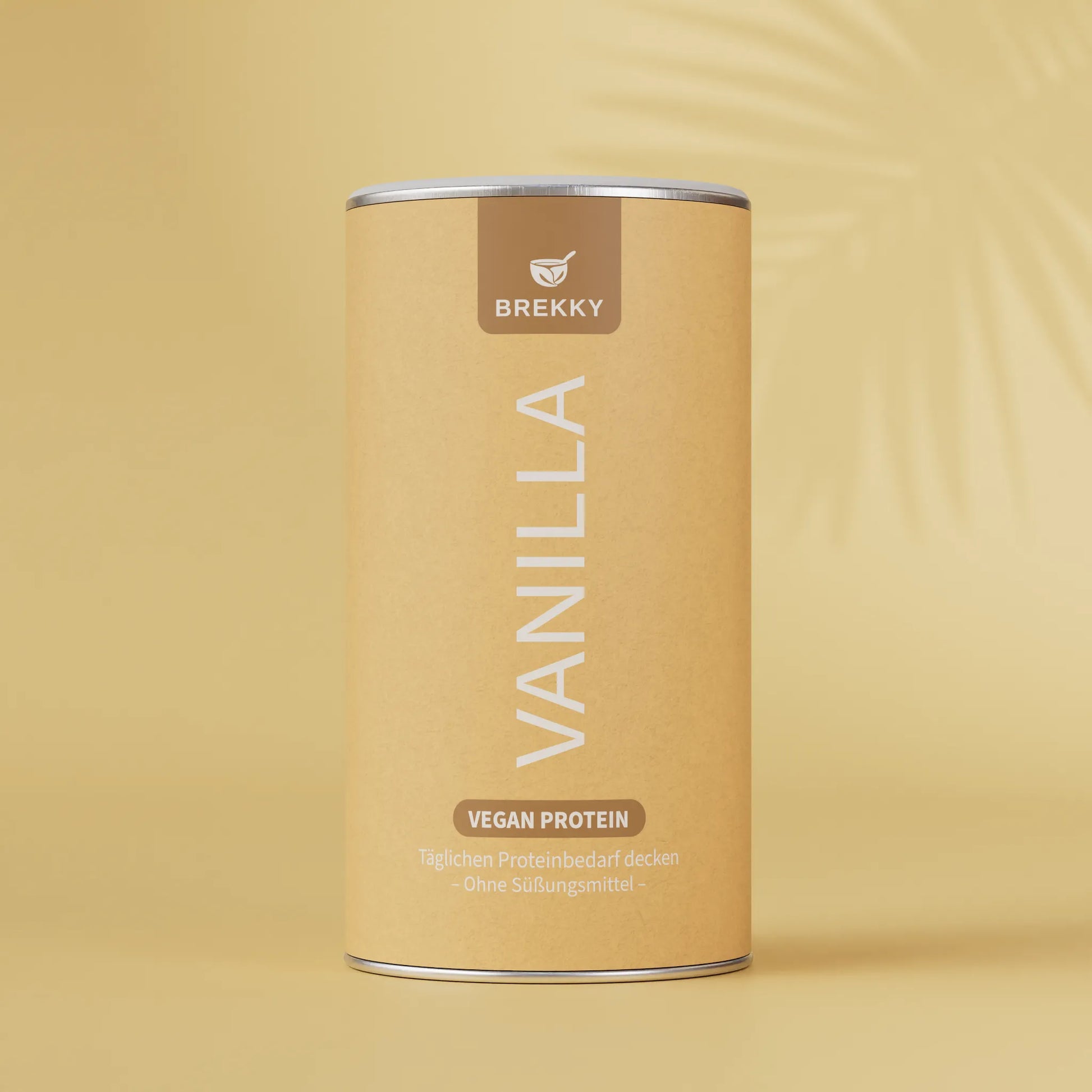
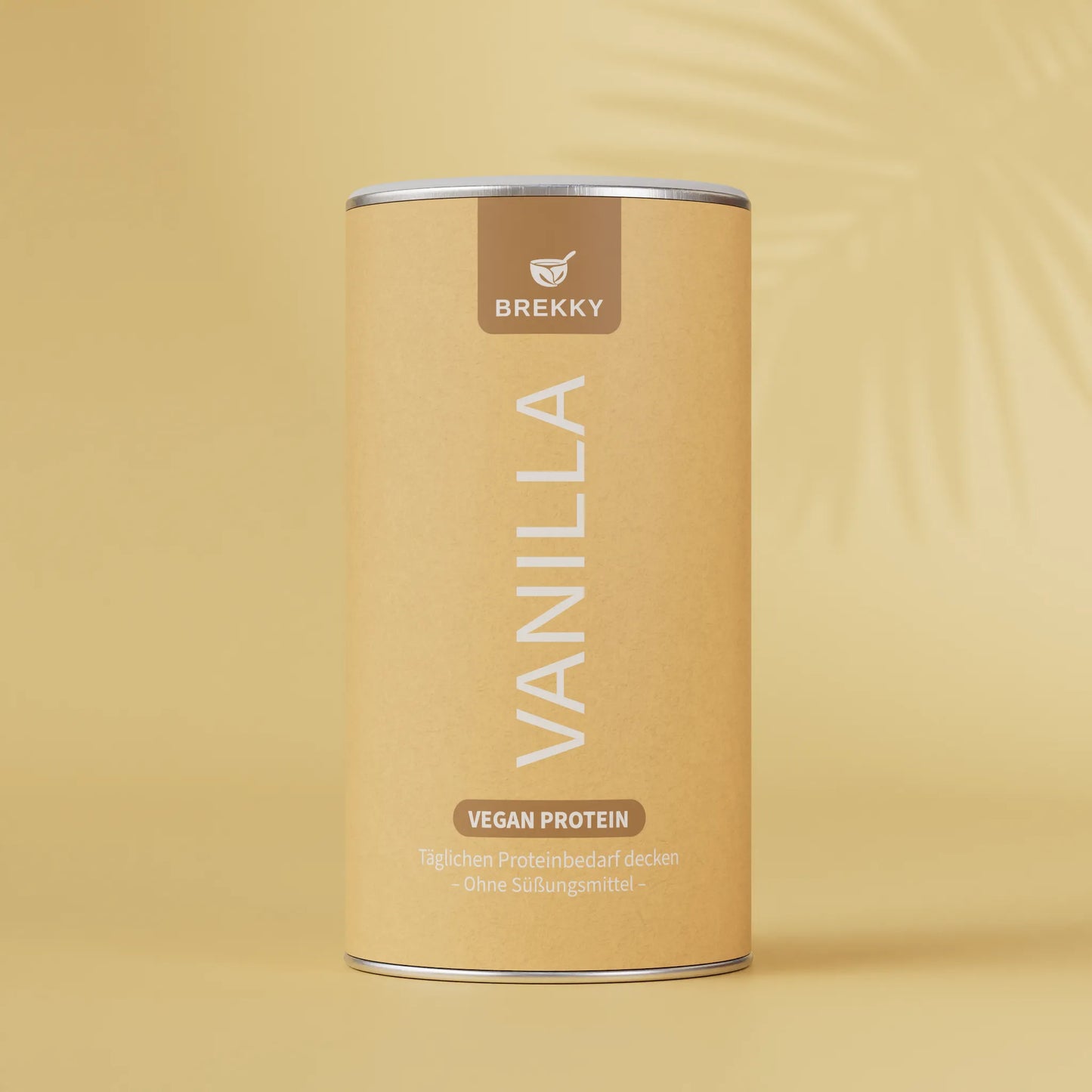
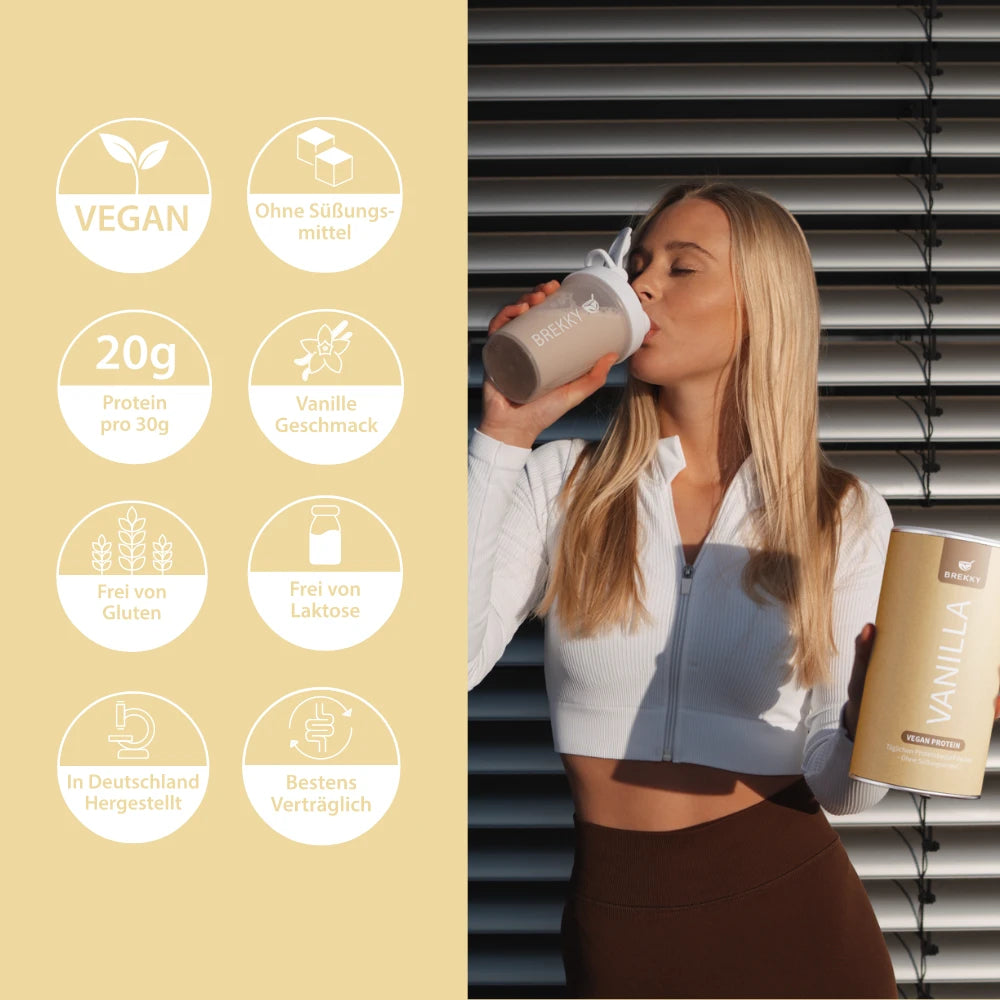
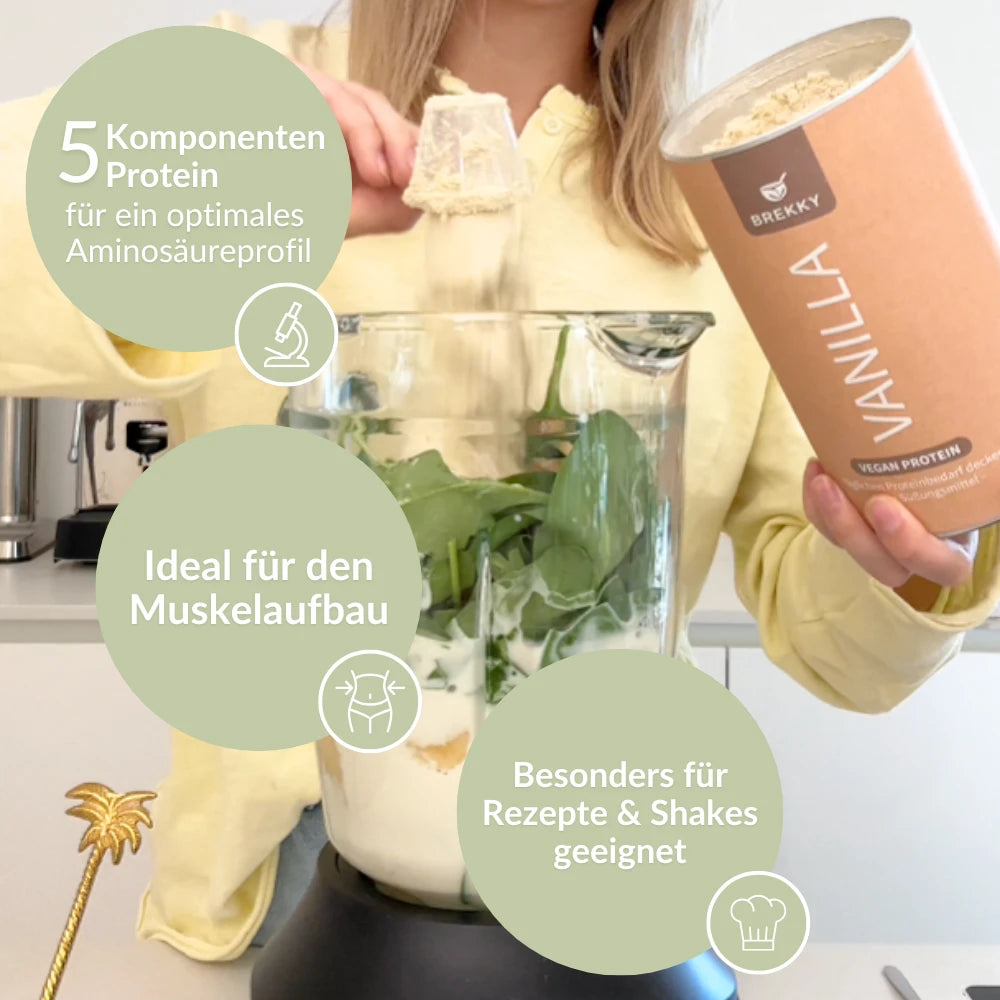
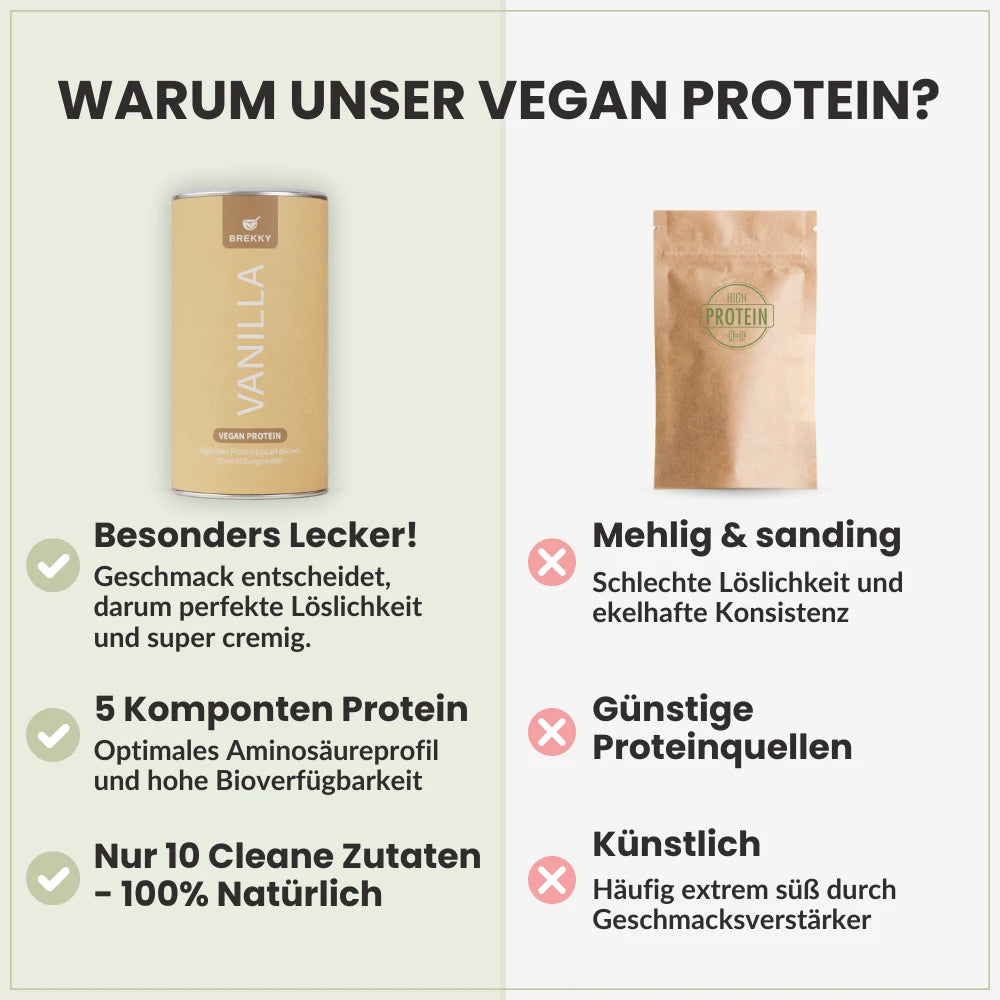


Health benefits in detail

Protein supply for muscle building and metabolism
Plant-based protein powders provide high-quality protein, which is essential for maintaining and building muscle. Essential amino acids are particularly important. Pea, rice, or hemp protein provide a good supply when taken in combination. Protein is also crucial for metabolism: It supports enzymes, hormones, and cell regeneration.
Cholesterol reduction & heart health
Unlike animal protein sources, vegan protein powder contains no cholesterol and few saturated fats. Studies show that plant-based proteins can lower LDL cholesterol levels and thus have a positive effect on heart health.
Supporting the immune system with plant nutrients
Many vegan protein powders contain not only protein but also fiber, minerals, and phytochemicals. These can strengthen the immune system, have antioxidant effects, and prevent inflammation. Gentle processing and the avoidance of unnecessary additives are important here.
Compatibility: Typical problems and solutions

Flatulence & indigestion
Bloating caused by vegan protein powder is a common problem. Pea and soy protein, in particular, contain FODMAPs – hard-to-digest sugars that can ferment in the intestines. Tip: Start with small portions, drink plenty of water, and look for combinations with easily digestible ingredients like oat milk or banana. Switching to rice powder or fermented protein can also help.
Constipation or diarrhea
Both can occur while your body is still adjusting to the new product. Constipation is usually caused by insufficient fluid or fiber intake. Diarrhea can indicate intolerances, such as added sugar substitutes or low-quality ingredients. A healthy vegan protein powder without soy, sweeteners, and with a clear origin is usually better tolerated.
Skin blemishes: connection with soy or pea protein
Pimples from vegan protein powder? That happens, too. Soy protein is usually the trigger, as it can have a hormone-like effect. Pea protein, on the other hand, can promote inflammation in sensitive skin. In this case, it's worth testing alternatives such as hemp, rice, or pumpkin seed protein. Important: Look for sugar-free and low-additive versions.
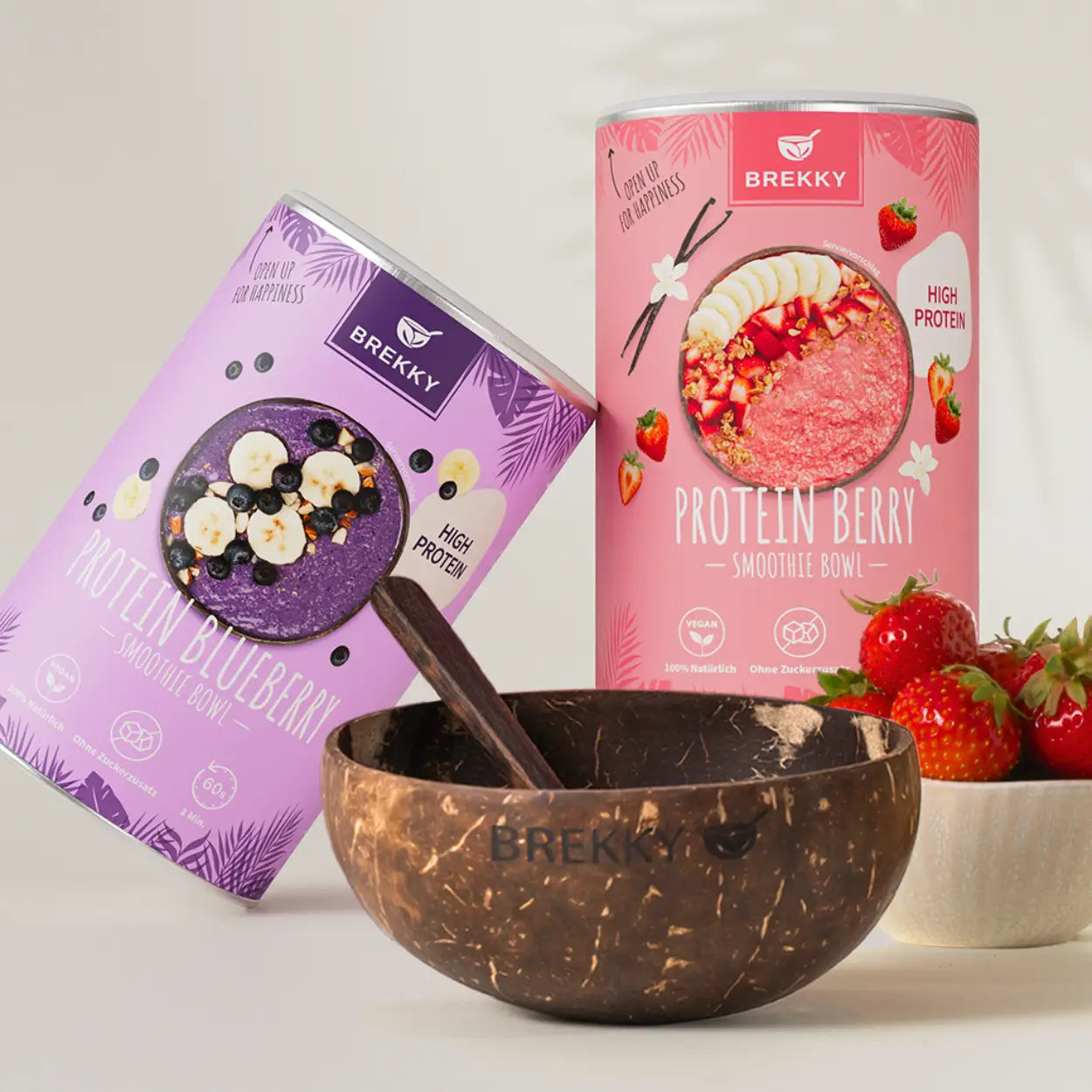
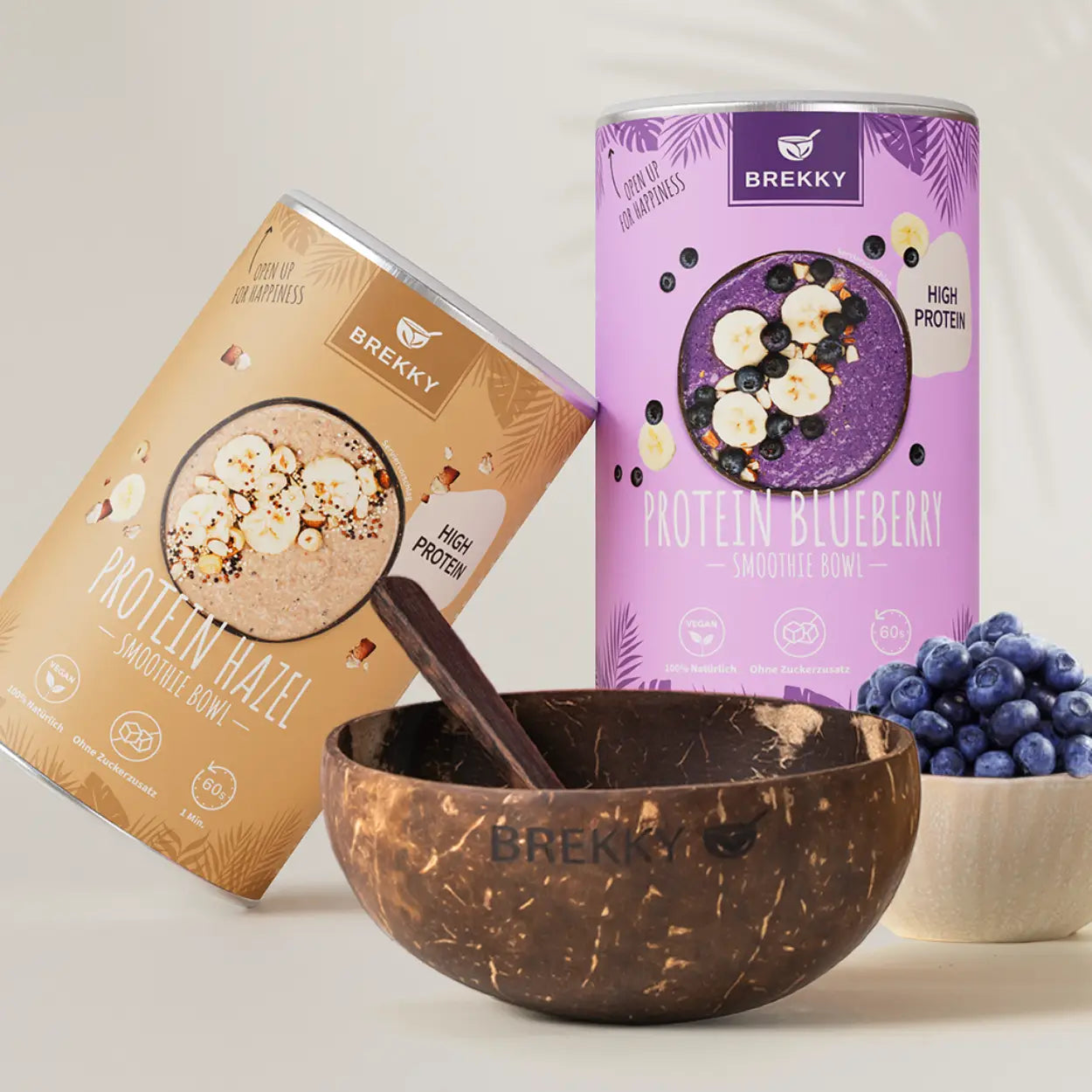
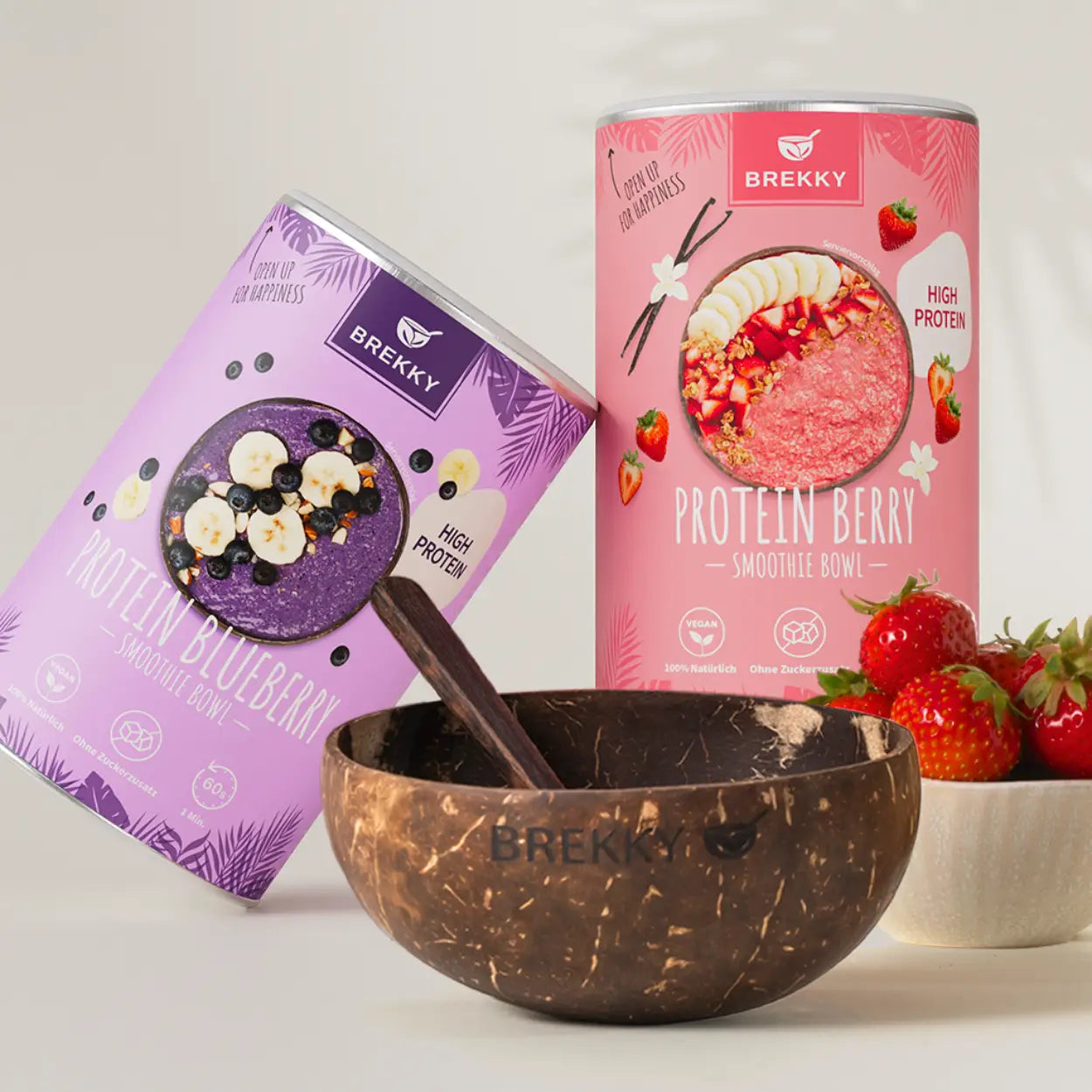
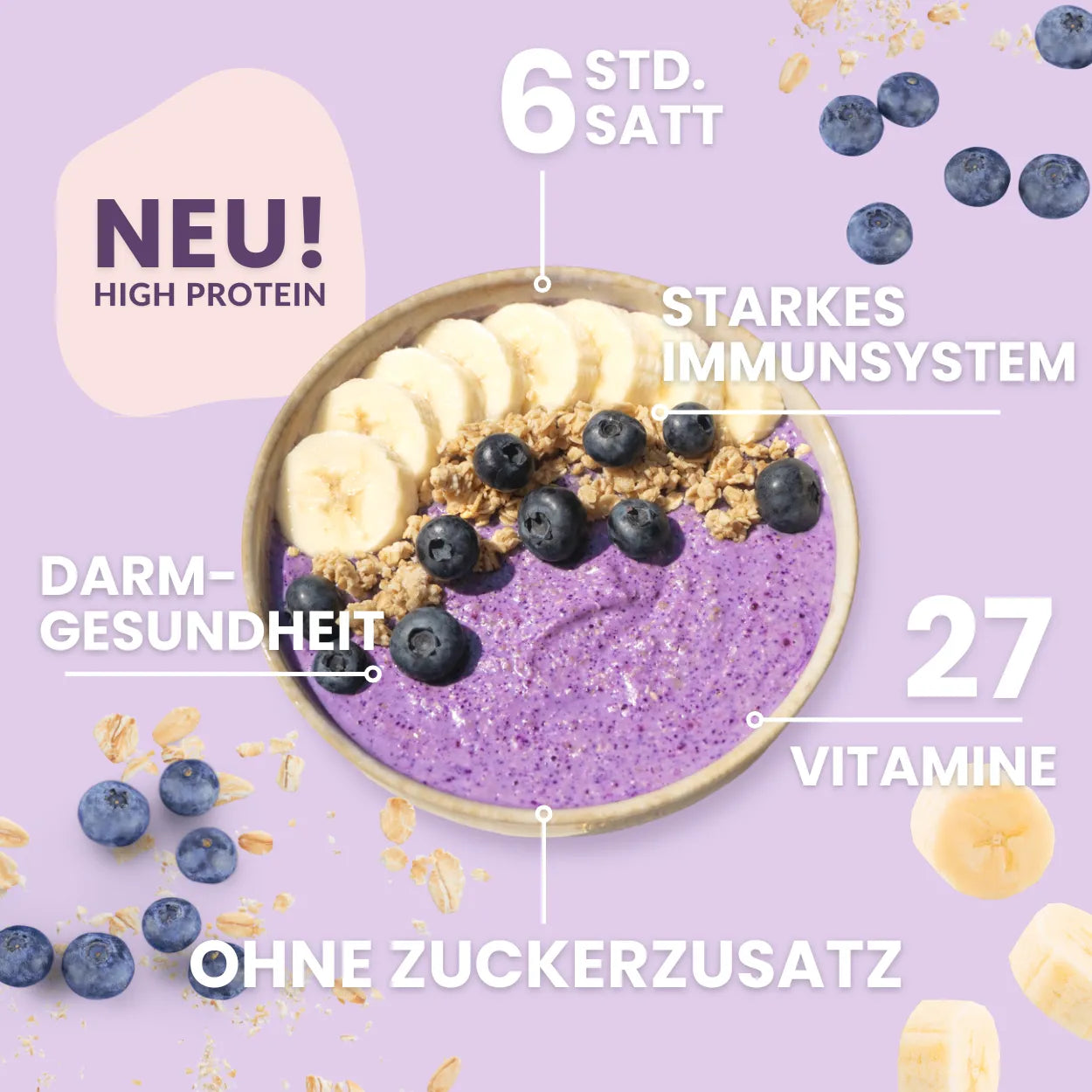

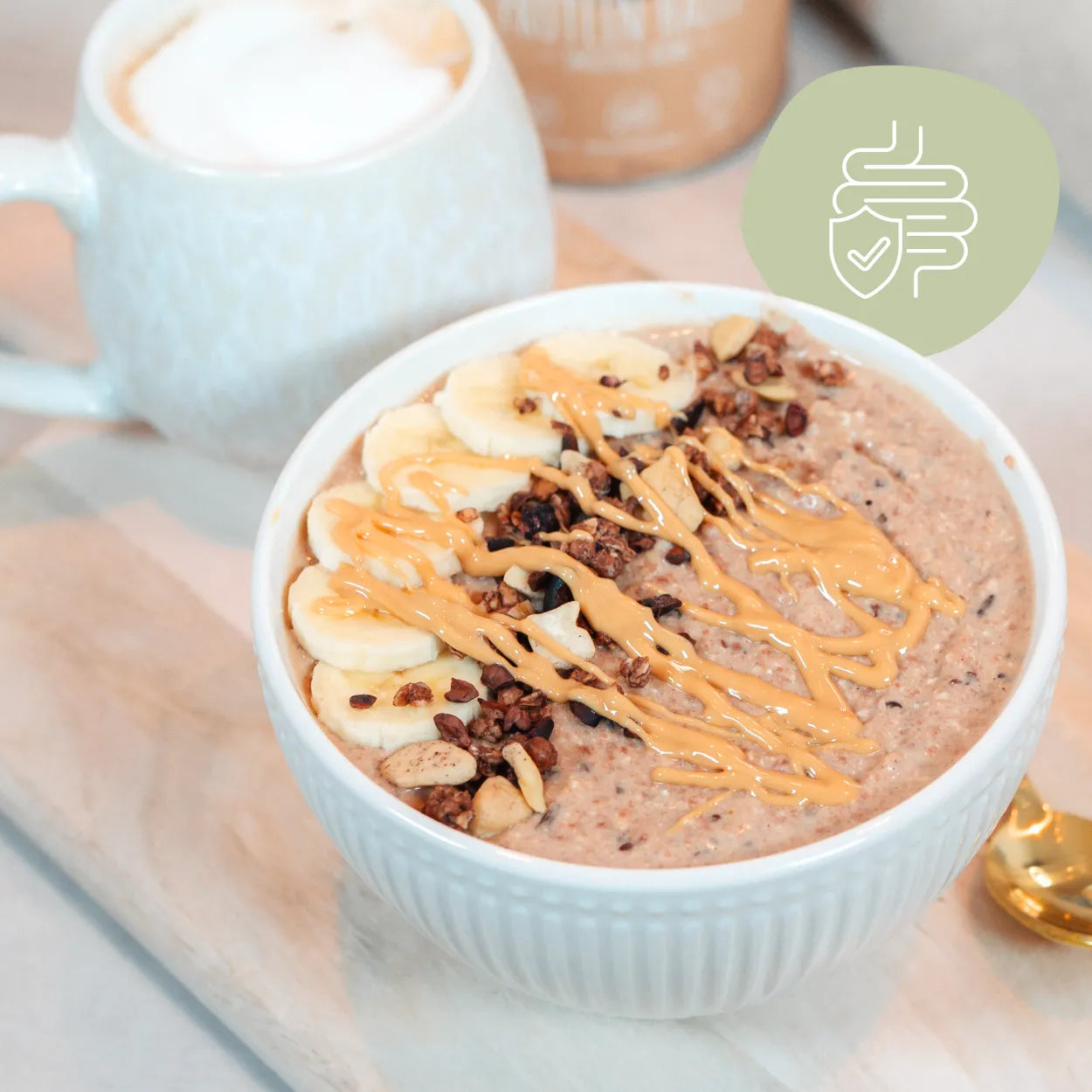


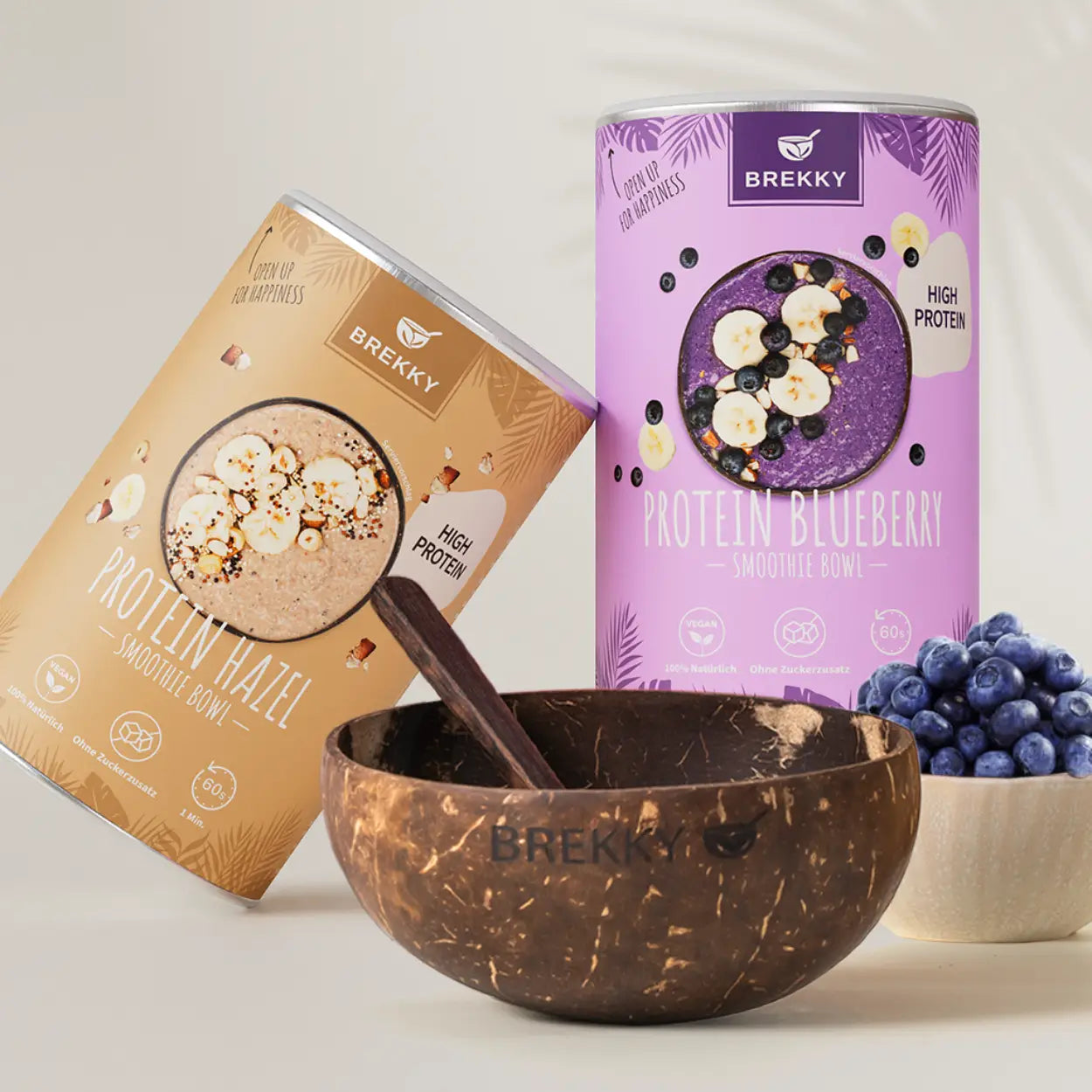
Security in special phases of life
Quality features for healthy products
